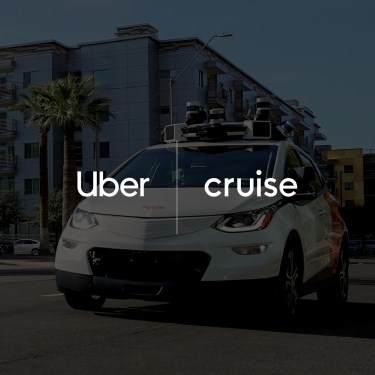Introduction
Welcome back to another recap of Equity, TechCrunch’s flagship podcast about the business of startups. Today’s episode is packed with M&A talk, how one YouTuber succeeded at the creator economy, why Twitch is still losing money, and an autonomous vehicle company that is making a comeback.
Stripe Acquires Lemon Squeezy
Stripe’s acquisition of four-year-old competitor Lemon Squeezy has sparked debate about the practice of M&A as an exit strategy. Does this practice create perverse incentives in venture capital, where investors are becoming more risk-averse and looking for a surer path to regaining capital at the long-term expense of competition?
Senior Reporter Rebecca Bellan took a closer look at Stripe’s acquisition of Lemon Squeezy and how it beefs up Stripe’s ability to calculate and pay global sales tax for customers. According to Stripe CEO Patrick Collison, deal terms weren’t disclosed.
It’s worth noting that Lemon Squeezy has a reputation for turning down other investments, including a $50 million Series A. The company’s founder said he was holding out for the right partner to take the business to the next level, and apparently, Stripe was it.
This comment led Rebecca to explore the idea of M&A as an exit strategy and whether this practice creates perverse incentives in venture capital. Other startups have turned down such opportunities so they can go it alone. Just look at Wiz’s decision not to get acquired by Google for $23 billion, something we discussed on last Friday’s episode.
MatPat: The First Big YouTuber to Successfully Exit His Company
Rebecca also touched on MatPat, the first big YouTuber to successfully exit his company, Theorist Media. Matthew Patrick turned his successful video series, The Game Theorists, into a full-fledged media business called Theorist, with 40 million subscribers across channels.
But he was getting tired of the ceaseless content uploading and found a way to convince investors that the business could go on without him. Now, he’s on Capitol Hill educating politicians about what creators need to succeed as small businesses.
Twitch: Still Losing Money After 10 Years
Speaking of creators and acquisitions, Rebecca pulled up a Wall Street Journal report that found after 10 years, Twitch is still losing Amazon money. Amazon bought Twitch for $1 billion in 2014, but the company still isn’t profitable.
And will it ever be? Twitch generated in 2023 about $667 million in ad revenue and $1.3 billion in commerce revenue, which accounted for less than 0.5% of Amazon’s total 2023 revenue. Amazon defended its buy, saying Twitch has a long-term path to profitability.
But broader trends that seem to favor short-form videos over watching someone play an entire video game live say otherwise.
Nuro: An Autonomous Vehicle Company Making a Comeback
Finally, while we’re on the subject of comebacks, autonomous delivery startup Nuro is gearing up for one of its own. Nuro has been quiet for the past year or so after two big rounds of layoffs.
Once the darling of the AV industry with over $2 billion in funding from high-profile investors, Nuro was burning money fast as it tried to scale and commercialize all at once. Now, the company is back with better AI and a new vehicle, the R3, which it will be testing later this year in the Bay Area and Houston.
Conclusion
In conclusion, today’s episode of Equity has explored the world of M&A, creator economy, and autonomous vehicles. From Stripe’s acquisition of Lemon Squeezy to MatPat’s successful exit from his company, we’ve seen how the startup ecosystem is constantly evolving.
We’ve also seen why Twitch is still losing money after 10 years and how Nuro is making a comeback in the AV industry. These stories highlight the importance of adaptability and innovation in the startup world.
Show Notes
- Stripe’s acquisition of Lemon Squeezy
- MatPat: The first big YouTuber to successfully exit his company
- Twitch: Still losing money after 10 years
- Nuro: An autonomous vehicle company making a comeback
Related Episodes
- 2024: Founder mode, AI, and the ‘Rise of the Broligarchs’
- Are AI companies just defense tech now?
- Building physical tech is back in fashion thanks to AI, robotics, and defense
- It’s the end of the road for Cruise, and Bluesky is still taking off
Subscribe to Equity
Don’t miss out on future episodes of Equity. Subscribe to our podcast on your favorite platform:
Follow Us on Social Media
Stay up-to-date with the latest news and updates from TechCrunch:
- Twitter: @techcrunch
- Facebook: @techcrunch
- LinkedIn: TechCrunch
About the Authors
Rebecca Bellan is a senior reporter at TechCrunch, covering startup funding, M&A, and AI. She can be reached on Twitter at @rebeccabellan.
Theresa Loconsolo is the producer of Equity and can be reached at tloconsolo@techcrunch.com.



